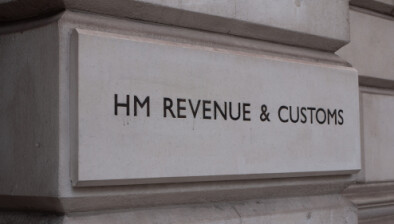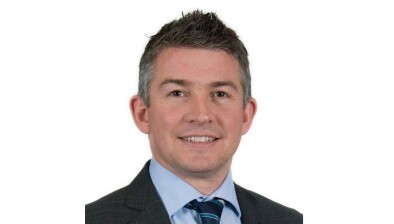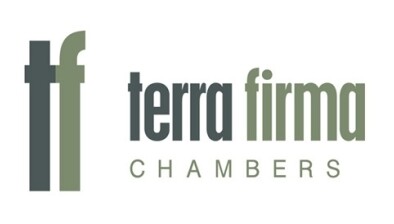Crackdown on VAT scheme abuse may impact businesses, CIOT warns

New measures to crackdown on abuse of a VAT simplification scheme may be ineffective and have unwelcome consequences for tax-compliant small businesses, the Chartered Institute of Taxation (CIOT) has warned.
The CIOT accepts that the Government must tackle abuse of the VAT Flat Rate Scheme (FRS) but believes that changes to the proposed measure are needed, to avoid excessive collateral damage to compliant small traders.
Peter Dylewski, chairman of the CIOT’s indirect taxes sub-committee, said: “Targeted action against abuse of the FRS, which is masterminded by a relatively small number of businesses, is preferable to such wholesale changes. We are concerned that HMRC has significantly underestimated the collateral impact of these changes, both in terms of the number of businesses affected and the financial impact.”
The FRS is a simplification measure for small businesses, which enables them to pay to HMRC a fixed rate of VAT, that is determined by their type of business, rather than keep detailed records of input and output VAT. HMRC estimates that 411,000 businesses use FRS.
At the Autumn Statement, the Chancellor announced changes to the FRS which mean that a business that falls into a new definition of a ‘limited cost trader’ during an accounting period will pay a higher 16.5 per cent rate. HMRC’s intention is to tackle allegations of widespread abuse of the scheme by some employment agencies and similar businesses which set up thousands of two-employee companies, to both benefit from a favourable FRS percentage, as well as the NIC Employment Allowance.
If the changes go ahead, businesses using or thinking of joining the FRS will need to determine, typically quarterly, whether they are also a limited cost trader and, if they are, will pay HMRC 16.5 per cent of their takings, rather than a potentially lower percentage applicable to their activity. Because of the way the limited cost trader is defined, most businesses in the FRS will need to consider whether they fall into its definition during a particular accounting period, and could be caught by fluctuating in and out of the 16.5 per cent rate.
The CIOT also believes far more than the 4,000 businesses estimated by HMRC will move back into standard VAT accounting, so as not to be affected by the new 16.5 per cent rate, and that the costs of businesses doing this could be significantly higher than the £180 per annum suggested by HMRC. The proposed changes are also complicated, and could negate the simplification aims of the FRS.
The CIOT has urged HMRC to rethink its view that existing legislation and legal principles cannot tackle the VAT abuse. The Institute has suggested that HMRC further investigate alternative approaches, such as to restrict the FRS to businesses required (rather than eligible) to be registered for VAT, or tighten up the associated business rule.
Mr Dylewski said: “HMRC will face difficulties building in effective anti-tax avoidance measures, to prevent traders side-stepping the new measure, for instance by buying and selling small amounts of goods to take them over the limited cost trader thresholds. We strongly suspect gaps will remain in the legislation and will be exploited, and we are also concerned that some users might simply ignore the changes, and just liquidate any businesses subsequently assessed by HMRC.”
The changes are likely to cause administrative problems for FRS users; any business which might conceivably fall within the definition of a limited cost trader will need to check its position for each VAT accounting period, typically quarterly, using a planned online tool on Gov.uk. To properly use the online tool, the business will need to know the value of its purchases of goods during that period, effectively meaning that the business will need to have recorded most of its transactions during that period anyway, thus negating some of the simplification elements of the FRS.
Mr Dylewski said: “The proposed changes add a significant level of complexity on small business owners who will need considerable guidance from HMRC. Many will have to pay for additional accounting advice. One of the main challenges will be for businesses to understand whether they have acquired goods or services, which is often unclear for expenses such as computer software, electricity and gas and professional subscriptions.”








